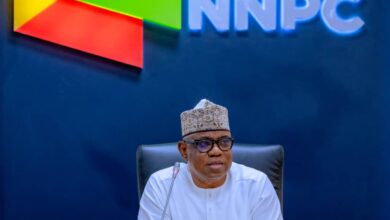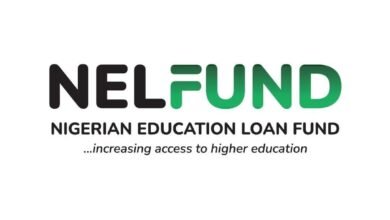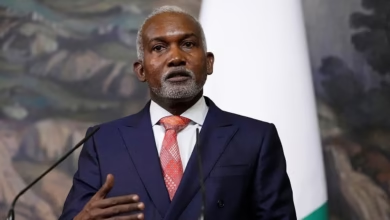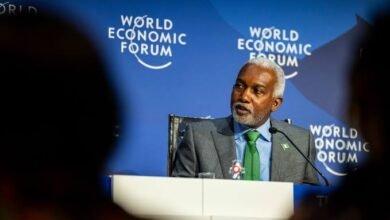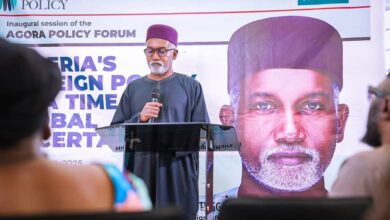Opinion
Wale Edun: A Fiscal Hand Steady on the Wheel
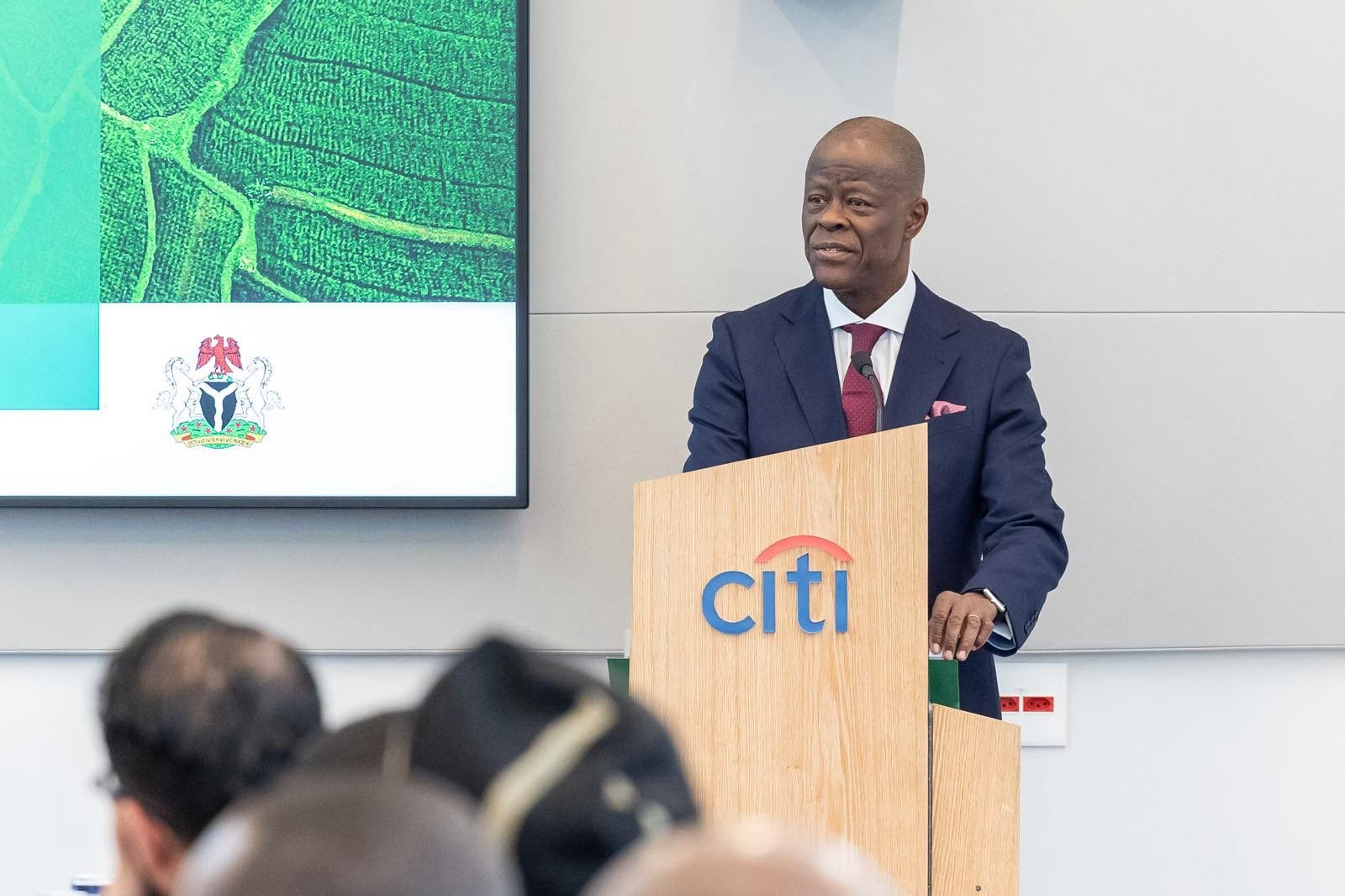
Nigeria’s path to economic stability is rarely straight, but under the stewardship of Wale Edun, Minister of Finance and Coordinating Minister of the Economy, the country’s fiscal compass is pointing firmly towards discipline, efficiency, and long-term growth. Earlier this month, emerging from a Federal Executive Council meeting, Mr. Edun set out a vision that marries immediate stabilisation with the building blocks of a stronger, more resilient economy.
The President, he reported, has reiterated a simple but powerful directive: grow the Nigerian economy by optimising public savings and ensuring government spends smarter, not just more. For a country long burdened by revenue leakages and suboptimal expenditure, the emphasis on efficiency goes beyond a budgeting mantra. It is in fact the key to unlocking sustained development.
Difficult but necessary measures, Mr Edun explained, have already been taken to stabilise the macroeconomic environment. Though inflation remains stubborn, foreign exchange reforms, tighter fiscal controls, and a clear line of sight on debt sustainability are gradually restoring confidence. The results are visible: investors, both local and foreign, are beginning to view Nigeria as an economy of potential and one with credible promise. The International Monetary Fund, in its latest assessment, endorsed the country’s economic trajectory. That is a vote of confidence that I say is not lightly given.
The ambition is also not modest. The President Bola Ahmed Tinubu has set his sights on building a $1 trillion economy, a target that demands both growth and transformation. Mr. Wale Edun, who also heads the President’s Economic Management Team, is anchoring this ambition on two pillars: savings and investment. Public sector savings, he insists, must rise through efficient spending; every Naira wasted is a Naira not invested in roads, power, or human capital. To that end, the President has tasked his team with reviewing the deductions from the Federation Account, particularly the often-contentious “cost of collection” retained by agencies. The goal of President Tinubu’s directive is clear: close the leakages, boost our fiscal buffers, and create the fiscal space for priority investments.
Two such investments featured prominently in the Mr. Wale Edun’s briefing. The first, a $125 million financing proposal for roads in the South-East, promises to improve connectivity, cut travel times, and spur regional commerce. A request that South-Easterners have craved for decades. The second tackles a long-standing drag on growth: the N4 trillion in outstanding obligations in the electricity sector. Refinancing these debts is an essential step Nigeria is taking towards stabilising the power industry, attracting new investment, and keeping the lights on in Africa’s largest economy.
This is what I call focusing on the foundation.
If macroeconomic policy can sometimes feel abstract, Mr. Wale Edun’s approach links it back to the daily realities of Nigerians: better roads for farmers and traders, more reliable electricity for households and industries, and a currency that holds its value in the marketplace. In an era when global headwinds are strong and domestic expectations are high, such a steady fiscal hand may well be one of Nigeria’s most valuable assets.
Mohammed Abiodun is a historian, and writes from Abuja.

